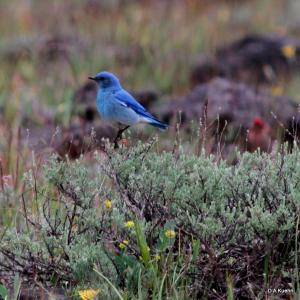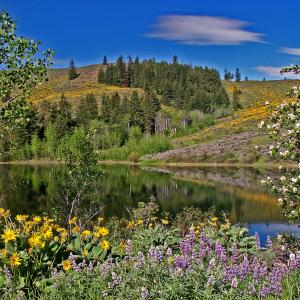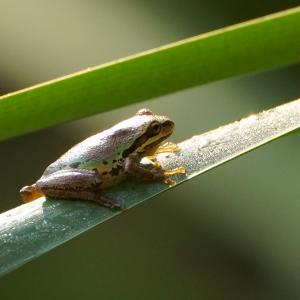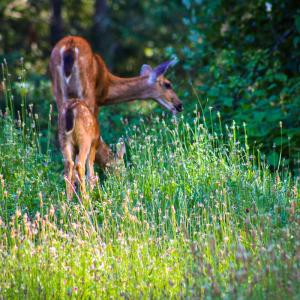Species & Habitats
Wildlife in Washington face a wide range of threats, from disease and invasive species to declining habitat and climate change. The Washington Department of Fish and Wildlife is dedicated to conserving and protecting the state's wildlife -- including endangered and other at-risk species -- from these threats. Learn about the work we're doing to protect Washington habitats and what to do if you encounter an orphaned or problematic animal.
In this section
-
Looking to learn more about a specific fish or wildlife species in Washington? Start here.
-
Learn about the variety of ecosystems found in Washington that provide habitat for fish and wildlife.
-
Living in Washington means living with wildlife. Whether you've found a baby bird out of the nest or are dealing with deer damaging your backyard, WDFW is here to help when you cross paths with the state's diverse wildlife.
-
WDFW is responsible for managing endangered, threatened, and otherwise at-risk species in the state.
-
The Washington Department of Fish and Wildlife is hard at work helping protect and conserve fish and wildlife habitats in the state.
-
If you work or play in Washington’s many waterways, you may be unknowingly spreading invasive species destructive to our state’s environment and economy.
-
From elk hoof disease to white-nose syndrome in bats, WDFW tracks and responds to reports of disease affecting wildlife in our state.
-
Washington is home to a variety of amphibians (salamanders, frogs, and toads) and reptiles (turtles, lizards, and snakes).
-
The Toxics Biological Observation System (TBiOS) team monitors and tracks toxic contaminants in Puget Sound and on Washington's Pacific coast.
-
Wildlife can be found anywhere in the state of Washington. From backyard chickadees to the orcas of the Salish Sea, there is a spectacular array of wildlife to witness.
Species news & important dates
WDFW is now accepting grant applications for up to $200,000 in funding for projects designed to benefit some of Washington’s most imperiled wildlife. Grant applications are due May 5.
This document details the results of WDFW's annual gray wolf population survey and summarizes wolf recovery and management activities from the previous year.
Conservation starts here
Just because wildlife babies are alone does not mean they need help!
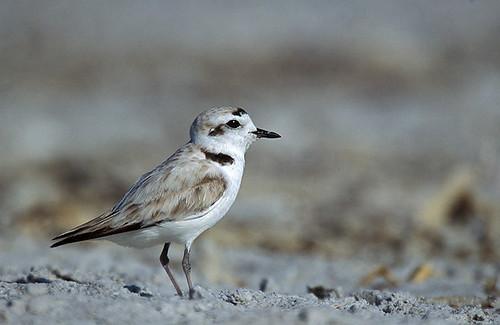
Western snowy plover breeding season runs from mid-April to mid-September. During this time, WDFW asks all beach visitors to respect closure areas and signs indicating snowy plover nesting habitat.
Two grant opportunities are now available for projects that increase capacity and workforce development to meet Puget Sound habitat recovery goals, as well as new science and analysis for protecting and restoring kelp and eelgrass in Puget Sound.






